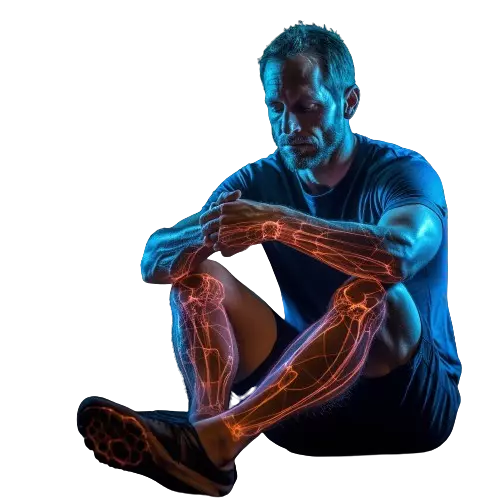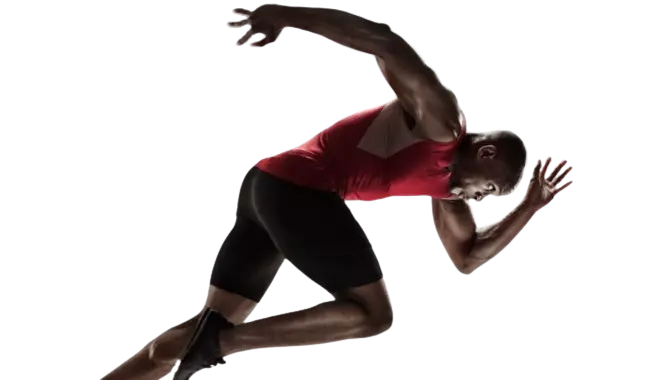Role of Physiotherapy in Orthopedic Recovery: When it comes to orthopedic recovery, surgery or medical intervention is often only one part of the journey. Recovery hinges on restoring function, mobility, and strength, which is where physiotherapy comes into play. Whether it’s recovering from a joint replacement, healing from a fracture, or addressing chronic musculoskeletal conditions, physiotherapy is a critical component that can make the difference between full recovery and lingering issues.

In this blog, Dr. Gautam Gupta, a highly respected orthopedic specialist with vast experience in knee, hip, and shoulder surgeries, sheds light on the importance of physiotherapy in orthopedic recovery. He explores the role it plays in accelerating healing, restoring mobility, and preventing future injuries.
1. The Importance of Early Mobilization
One of the most significant shifts in orthopedic care over the past decades has been the emphasis on early mobilization. Gone are the days when patients were confined to bed rest for weeks after surgery. Instead, modern recovery protocols, including those at Dr. Gautam Gupta’s Bone and Joint Clinic, encourage patients to begin gentle movement as soon as possible.
Early Movement Aids Faster Recovery
Dr. Gupta explains that early mobilization helps reduce the risk of complications like blood clots, pneumonia, and muscle atrophy. It also promotes faster healing by improving blood flow to the surgical site and maintaining joint flexibility. A physiotherapist guides patients through safe, controlled movements, ensuring that they do not push beyond their limits while facilitating recovery.
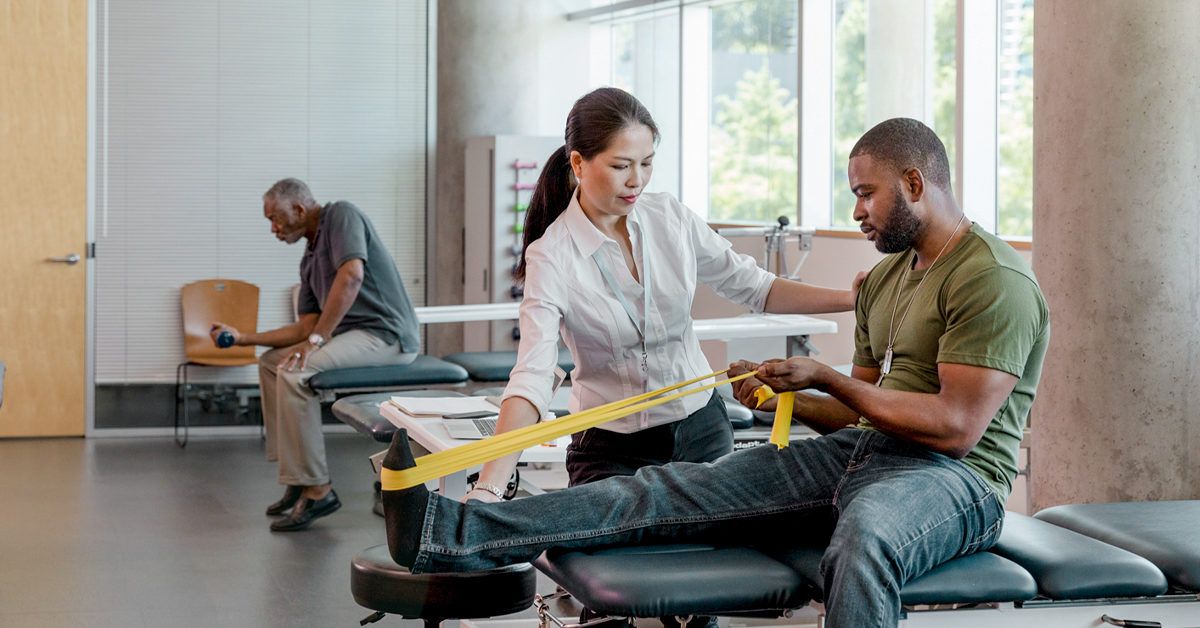
2. Strengthening Muscles for Joint Support
Orthopedic conditions often result in weakened muscles, whether due to surgery, injury, or chronic conditions like osteoarthritis. Post-surgical recovery, in particular, can lead to muscle atrophy due to disuse. Physiotherapy focuses on regaining muscle strength to support and stabilize the affected joints, which is essential for restoring full function.
Targeted Exercises for Long-term Joint Health
According to Dr. Gupta, patients who undergo joint replacement surgeries, such as knee or hip replacements, need to focus on strengthening the surrounding muscles. Physiotherapists design individualized exercise programs that target these specific muscles. Strengthening the muscles not only helps with post-surgical recovery but also prolongs the life of the joint implant by reducing undue pressure on it.

3. Restoring Range of Motion
After surgery or an injury, stiffness in the joints is a common issue. Limited range of motion can impede daily activities and cause frustration for patients. Physiotherapy focuses on restoring flexibility through targeted stretching exercises, soft tissue mobilization, and joint manipulation.
Regaining Flexibility with Expert Guidance
Dr. Gupta highlights that a gradual, consistent approach to improving range of motion is crucial for a successful recovery. At his clinic, physiotherapists use a combination of passive and active techniques to enhance joint mobility without causing pain or injury. Restoring range of motion is essential for regaining independence in everyday activities, such as walking, climbing stairs, and reaching for objects.
4. Pain Management Through Physiotherapy
Pain is often a significant barrier to recovery after an orthopedic injury or surgery. While medications can help, long-term use can lead to unwanted side effects. Physiotherapy offers alternative pain management techniques that reduce dependence on pharmaceuticals.
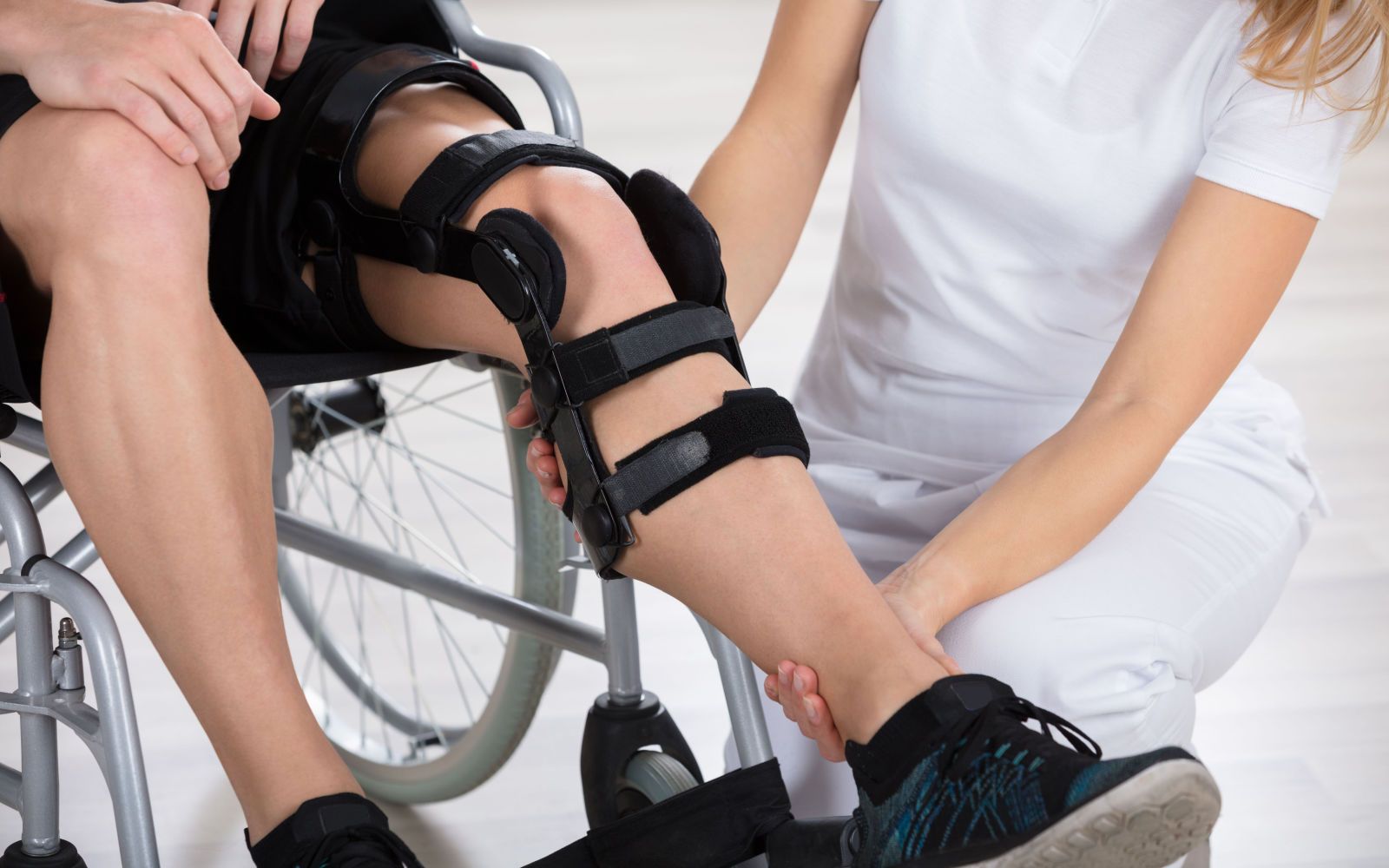
Non-invasive Pain Relief Techniques
Dr. Gupta emphasizes the role of modalities such as heat therapy, cold therapy, ultrasound, and electrical stimulation in managing pain. These methods can help reduce swelling, alleviate discomfort, and promote tissue healing. Manual therapy techniques, such as soft tissue massage, also play a crucial role in releasing tension and enhancing blood flow to the affected area.
Physiotherapists also teach patients how to use proper posture and body mechanics to minimize pain during daily activities, reducing the risk of aggravating the injury.
5. Preventing Re-injury and Future Complications
One of the most critical goals of physiotherapy is to prevent future injuries and complications. After recovering from surgery or an injury, patients may be at a higher risk of re-injury due to muscle weakness, joint instability, or improper movement patterns. We can explore further on “Role of Physiotherapy in Orthopedic Recovery”
Focus on Functional Rehabilitation
Dr. Gupta explains that physiotherapy focuses on functional rehabilitation—helping patients regain the ability to perform activities that are important to their daily lives. This may include retraining the body to perform movements like walking, running, bending, or lifting without putting undue stress on vulnerable areas.
Patients are also educated on preventive measures such as proper body mechanics, posture, and ergonomic practices. By teaching patients how to move efficiently and avoid unnecessary strain, physiotherapy helps them maintain long-term orthopedic health and avoid future complications.

6. Sports Rehabilitation and Performance Enhancement
Athletes recovering from orthopedic injuries often face unique challenges. They require not only recovery but also rehabilitation that enables them to return to peak performance levels. Sports rehabilitation is a specialized area of physiotherapy that focuses on restoring athletic abilities while preventing future injuries. We can delve deeper into “Role of Physiotherapy in Orthopedic Recovery”
Tailored Rehabilitation for Athletes
Dr. Gupta, who serves as a Sports Injury Consultant for the Indian Football Association (West Bengal Chapter), works closely with physiotherapists to design rehabilitation programs for athletes. These programs include strength training, agility drills, balance exercises, and sport-specific conditioning. By simulating the demands of their sport, athletes can safely return to competition while minimizing the risk of re-injury.
7. Post-operative Rehabilitation for Joint Replacements
Joint replacements are among the most common orthopedic surgeries, and physiotherapy is critical to the recovery process. Whether it’s a knee, hip, or shoulder replacement, post-operative rehabilitation is essential for maximizing the benefits of the new joint.
Gradual Progression to Full Function
Dr. Gupta notes that patients who undergo joint replacements often experience remarkable improvements in pain and function, but only when they adhere to a structured rehabilitation plan. Physiotherapists help patients gradually progress from passive movements to more active exercises that promote strength, mobility, and endurance. The ultimate goal is to restore full function so that patients can return to their normal activities, free from pain and limitations.
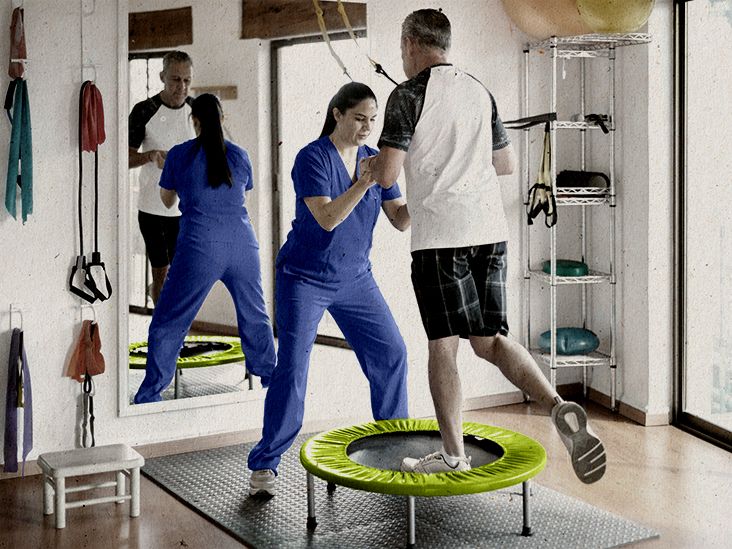
8. Physiotherapy for Spinal Conditions
Spinal conditions, such as herniated discs, spinal stenosis, and degenerative disc disease, can cause debilitating pain and limit mobility. While some patients may require surgery, many can benefit from conservative treatments like physiotherapy. We can explore further on “Role of Physiotherapy in Orthopedic Recovery”
Read More:
Strengthening the Core and Alleviating Back Pain
Dr. Gupta explains that physiotherapy for spinal conditions often focuses on strengthening the core muscles, which provide support for the spine. By improving core stability, patients can reduce the strain on their back and alleviate pain. Physiotherapists also use techniques such as spinal mobilization and traction to relieve pressure on the nerves and improve spinal alignment.
For patients recovering from spine surgery, physiotherapy helps restore mobility and prevent complications like stiffness, muscle weakness, and postural imbalances. We can discuss more about “Role of Physiotherapy in Orthopedic Recovery”
9. Patient Education and Empowerment
One of the most valuable aspects of physiotherapy is the education it provides to patients. Physiotherapists teach patients about their condition, the recovery process, and how to manage their symptoms at home. This empowers patients to take an active role in their recovery and maintain their orthopedic health in the long term.
Self-management Strategies for Lasting Results
Dr. Gupta emphasizes that physiotherapy is not just about exercises performed in the clinic—it’s also about equipping patients with the knowledge and tools they need for self-management. Patients learn techniques such as proper stretching, strengthening exercises, and postural corrections that they can continue to practice at home. This holistic approach ensures that patients remain proactive in their recovery, preventing setbacks and promoting long-term wellness.

10. Tele-Physiotherapy: The Future of Orthopedic Recovery
The rise of telemedicine has made healthcare more accessible, and physiotherapy is no exception. Tele-physiotherapy allows patients to receive guidance and support from their physiotherapists remotely, making it easier to maintain consistency in their rehabilitation. We can delve deeper into “Role of Physiotherapy in Orthopedic Recovery”
Remote Support for Recovery
Dr. Gupta believes that tele-physiotherapy will play an increasingly important role in orthopedic recovery, especially for patients in rural or underserved areas. Through video consultations, patients can receive personalized exercise plans, monitor their progress, and receive real-time feedback from their physiotherapists—all from the comfort of their homes. Also can visit the best orthopedic and spine treatment center in Gwalior. We are all powered by Argusdna. We can discuss more about “Role of Physiotherapy in Orthopedic Recovery”

This innovation ensures that patients have continuous access to the care they need, even if they are unable to visit the clinic in person.
Conclusion: Role of Physiotherapy in Orthopedic Recovery
Physiotherapy is an indispensable component of orthopedic recovery, complementing surgical and medical treatments to ensure a full and lasting recovery. Dr. Gautam Gupta’s holistic approach to orthopedic care emphasizes the critical role physiotherapy plays in restoring mobility, strength, and function. Whether you are recovering from surgery, managing a chronic condition, or rehabilitating from an injury, physiotherapy is key to achieving optimal outcomes.
At the Bone and Joint Clinic in Kolkata, Dr. Gupta and his team of experienced physiotherapists provide personalized rehabilitation programs tailored to each patient’s unique needs. By combining state-of-the-art orthopedic treatments with expert physiotherapy, patients can expect the best possible recovery and long-term health. We can explore further on “Role of Physiotherapy in Orthopedic Recovery”
Contact Information:
- Phone: +91 62917 71106
- Email: contact@bonedoctorgautam.com
- Address: 591, Tagore Park Rd, Tagore Park, Kasba, Kolkata, West Bengal 700039


